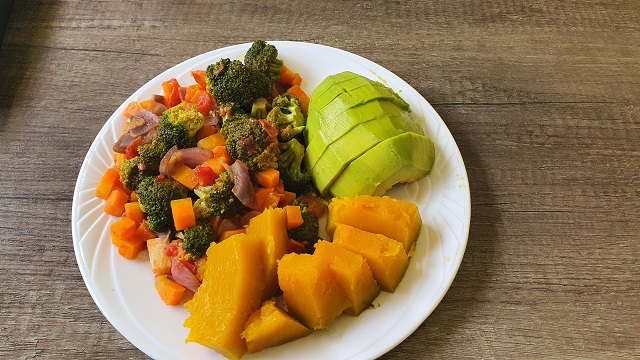
ANALYSIS | THE INDEPENDENT | With Christmas day around the corner, you and your friends are already loosening the belt and buckle to the dining table for lots of food.
As you cheer with your friends and relatives, you are reminded to ensure that you don’t waste food if you are to save your mother planet.
While the festive period is a happy time, it brings other problems with it too – and food waste is a big one.
The science against food wastage is clear. Scientists have over the years urged that we could all help the planet, save money, and have healthier diets if we simply stopped wasting our food.
Already Pope Francis at the beginning of this month declared that the destruction of the environment is an offence against God, a sin that is not only personal but also structural, one that greatly endangers all human beings, especially the most vulnerable in our midst and threatens to unleash a conflict between generations.”
In Uganda, John Muyonga, a Professor of Food Science at the Department of Food Technology and Nutrition, College of Agricultural and Environmental Sciences (CAES), Makerere University is advocating for a circular economy – a system where materials never become waste and nature is regenerated.
In a circular economy, products and materials are kept in circulation through processes like maintenance, reuse, refurbishment, remanufacture, recycling, and composting. He urges that we should be conscious when we throw away peels and other materials that we separate from food.
“These materials contain nutrients because the body doesn’t mine where nutrients are coming from. It requires vitamins, it requires proteins. So these materials we are throwing away contain those nutrients”
Apart from causing pollution, scientists like Muyonga say we are in a way contributing to greenhouse gases like methane. Scientists have found that food waste in landfills is contributing to more methane emissions than any other landfilled materials. “That is the other side of the dilemma. You have food, you are throwing it away and it is polluting the environment. And on the other side, people are hungry” Muyoga observes.
Studies have estimated that one-third of all the food produced in the world goes to waste. That’s equal to about 1.3 billion tons of fruits, vegetables, meat, dairy, seafood, and grains that either never leave the farm, get lost or spoiled during distribution, or are thrown away in hotels, grocery stores, restaurants, schools, or home kitchens. It could be enough calories to feed every undernourished person on the planet.
Professor Muyonga, suggests that we should minimize waste in the first place but if we don’t, we should recycle and put what would have been waste into other uses. It is common during the festive season like this one for people to serve too much food on the plate and when they get satisfied, the rest goes to waste.
Other experts have noted that wasted food is a social, humanitarian, and environmental concern. When we waste food, we also waste all the energy and water it takes to grow, harvest, transport, and package it. There are several actions that experts to minimize food waste including delivering leftovers to those in need freezing food, and composting to keep inedible scraps out of landfills.
***
URN
 The Independent Uganda: You get the Truth we Pay the Price
The Independent Uganda: You get the Truth we Pay the Price


